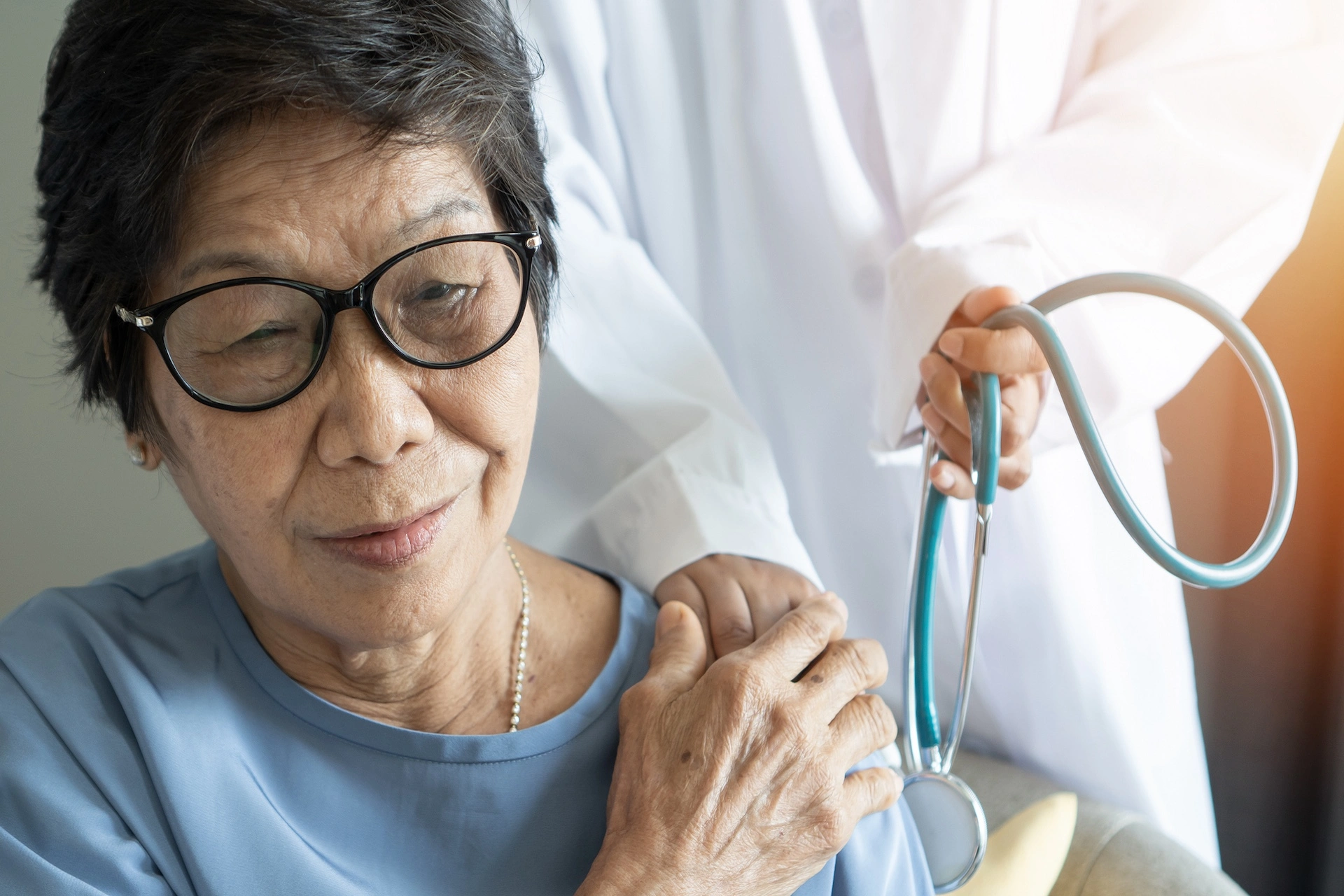Women with breast cancer who maintained their weight were less likely to report changes in their physical abilities following diagnosis, according to a study by Kaiser Permanente researchers.
“People who gained or lost more than 10 percent of their pre-diagnosis body weight both showed physical functional limitations two years after diagnosis,” says Candyce H. Kroenke, ScD, MPH, staff scientist with the Kaiser Permanente Northern California Division of Research and senior author of the study.
Published recently in the Journal of Cancer Survivorship, the study is the first to look at the role of weight gain on physical functioning after a breast cancer diagnosis.
About 12 percent of American women will develop invasive breast cancer; fortunately, improvements in treatment have resulted in overall survival rates approaching 90 percent.
Quality of life
“With more and more breast cancer patients surviving their cancer, quality of life has become an important consideration,” Kroenke says.
Researchers studied 1,841 early-stage breast cancer survivors who had provided information on weight and physical function both before and after their diagnosis (two years post-diagnosis, on average).
Study participants completed a questionnaire that asked them to rate their ability to perform various activities of daily living over the past month, such as pushing objects, stooping, crouching, kneeling, lifting, reaching or extending their arms, and going from sitting to standing.
Overall, obese women (body mass index [BMI] of 30 kg/m2 or greater) with breast cancer were twice as likely to report any physical limitations than women who were of normal weight (BMI less than 25 kg/m2). Women who had a 10 percent or greater weight gain following diagnosis were about 80% more likely to report physical limitations than those who stayed within 5 percent of their pre-cancer weight.
Furthermore, among normal-weight women without any other serious health conditions, a large weight loss (10 percent or more of pre-diagnosis weight) was associated with a higher risk of physical limitations, whereas among overweight/obese women, a large weight loss was associated with a possible lower risk of limitations.
“Many women gain weight after a breast cancer diagnosis,” Kroenke says. “The emphasis has been that weight gain is a bad thing, but there are indications that weight loss, which is associated with loss of muscle, can have a negative impact on quality of life.”
Weight and breast cancer
Kroenke noted that overweight or obese women with breast cancer who lose weight in a healthy way may gain some benefits. However, the take-home message from this study is that women with breast cancer should focus on maintaining their weight.
“We’re still trying to figure out the differences in implications for those who lose weight in the context of disease compared with those who lose weight intentionally,” Kroenke says. “Our study showed that even among overweight women, major weight loss following a breast cancer diagnosis is generally not recommended. It is possible that weight loss at that time may jeopardize your health.”
A large part of Kroenke’s research portfolio has focused on quality-of-life issues among breast cancer patients. Her study published in Breast Cancer Research and Treatment found that high-quality social networks were related to higher quality of life in breast cancer survivors. Another study found that the consumption of high-fat dairy products was linked to poorer breast cancer survival.
Co-authors of the study were Erin Weltzien, Marilyn L. Kwan, PhD, Adrienne Castillo, MS, RD, and Bette J. Caan, DrPH, all of the Kaiser Permanente Division of Research, and Arissa Young, now at Albert Einstein College of Medicine.





This Post Has 0 Comments